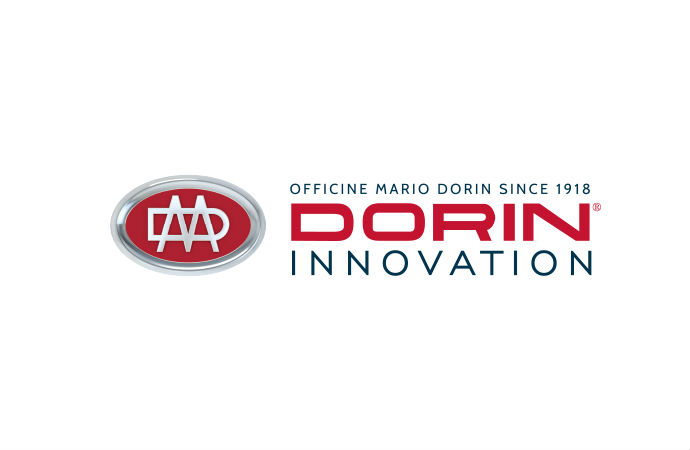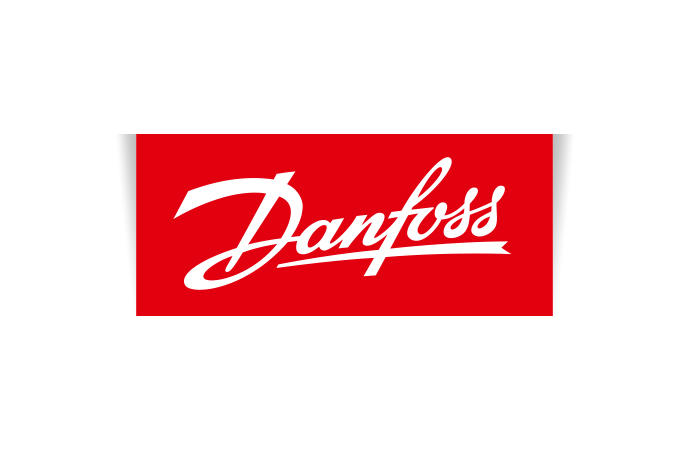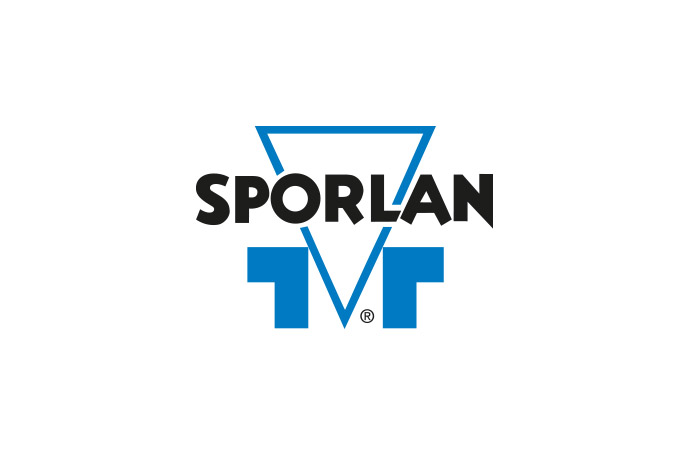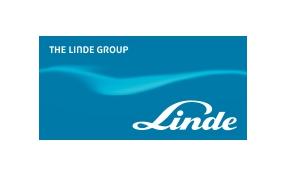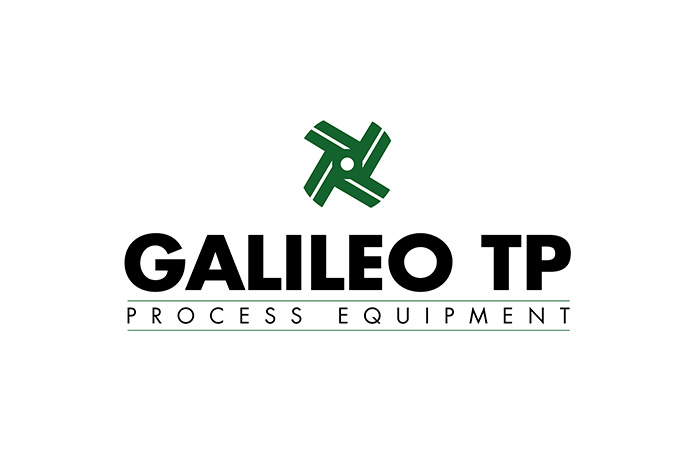Andrea Asch, Manager of Natural Resources at Ben & Jerry's talks to hydrocarbons21.com about the ice cream maker’s hydrocarbon (HC) freezer roll out plans in the US and energy efficiency goals. Unilever’s broad technological know-how in particular relating to motor efficiency, together with HC training by RSES, are both central to the successful rollout of HC freezer technology.

hydrocarbons21.com: Ben and Jerry's was one of the first companies to test hydrocarbon technology in the US. Can you update us on the status of Ben & Jerry's roll-out of hydrocarbon ice cream freezers now that the EPA has granted SNAP approval to 3 hydrocarbons?
Andrea Asch: The HC SNAP approval was very exciting at the end of 2011. It was a combination of many years of work on Ben and Jerry’s part as well as Unilever’s, so a really significant collaborative effort between the two.
So going forward our goal right now is to roll out in 2012 approximately 700 HC cabinets, and from then on to have hydrocarbon refrigeration in every place that we can, where it is legally approved refrigeration. Our goal is to use HC technology in new freezers.
hydrocarbons21.com: What technician training has Ben & Jerry's invested in to ensure the safe maintenance and servicing of the HC cabinets?
A. Asch: Peter Murphy of RSES, one of the companies that offer training, has done a really great job in getting out there across the US, also working through Unilever, to make sure that technicians are trained in key markets. Of course we recognise that training is a very important aspect but it is first and foremost a requirement of EPA. While the process should be straightforward of course that is easy for me to say, it has to be the right training. Technicians must be competent! Certainly RSES is looking to train seasoned employees but is also providing opportunities for new technicians to make sure knowledge and experience go hand in hand.
I think it is also good business sense to really be ahead of the curve on the training. Companies like RSES recognise that it is a huge business opportunity. It is not that there is a lack of willingness to train people; it is more about getting the people trained in a timely manner. We really have to leave that in the hands of those who have the expertise and make sure that they are on a good schedule and that we get employees and technicians trained for the safe and proper use of HCs.
hydrocarbons21.com: Can you tell us about the efficiency of the HC cabinets compared to HFC technology?
A. Asch: One thing that we do know is that the HC gas is more efficient than the HFC gas. But added to that is Unilever’s tremendous technological capability with regards to using more efficient motors in freezers, which has really been quite remarkable. The current freezer that we had at the ATMOsphere America 2012 conference is about 10-15% more energy efficient, but the goal is to have each incremental new freezer that comes out that much more energy efficient than the prior freezer in terms of technology. So Unilever is diligently working in that area and I think they will continue to be leaders in this field of technology.
hydrocarbons21.com: How influential was Unilever in Ben & Jerry's decision to invest in hydrocarbon freezer technology?
A. Asch: Tremendously influential! It is one of the really key areas and there has been a great collaborative effort between Unilever and Ben & Jerry’s. When I started with Ben & Jerry's 20 years ago, I started working with Greenpeace on their Greenfreeze technology and I was very interested, recognising that freezers pose a huge opportunity for us to reduce greenhouse gas emissions. We just did not have the technical capacity to move the technology forward as required by EPA. But Unilever gave us that opportunity through their vast realm of experience, which is just huge. So it was a very important relationship we both benefit from each business’s strengths.
hydrocarbons21.com: What advice can you offer to companies wanting to make the transition to natural refrigerant technology?
A. Asch: We just hope that we have started to pave the way for other companies to use HC refrigerants but also to look beyond that at what they can contribute to changing an industry. Hopefully we have taken a leadership role, and we will continue to play that role, but it is really every company’s opportunity now to say “wow it can be done, it will be done” and the future just holds many more opportunities.
MORE INFORMATION
Related stories

